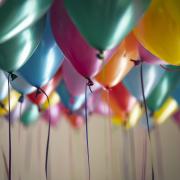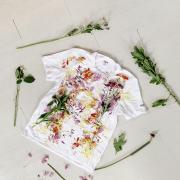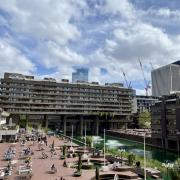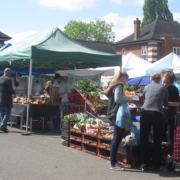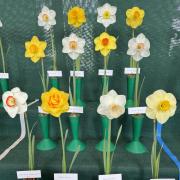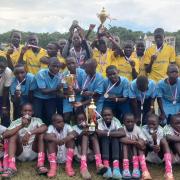
Tuesday 24th November will go down in history as a groundbreaking day for overcoming period poverty as it saw Scotland become the first every country to make sanitary products free of charge. After being introduced over a year ago, the Bill, driven by MSP Monica Lennon, covers the three following points: the Scottish government must set up a Scotland-wide scheme to allow anyone who needs period products to get them for free, secondly, all schools must make a range of these products available for free in bathrooms, and lastly other public bodies would provide sanitary items for free should the Scottish Government say so. There is no doubt in saying that this law is and will bring a revolutionary change to the history of period poverty, an issue which unfortunately affects over 500 million women and girls, even in 2020.
Even in the UK, which is ranked as the 15th most developed country in the world, one in ten young women (aged 14 to 21) experience the hardships of period poverty and as a result are forced to skip school. 49% - a number so shockingly high I had to triple check before I could believe it - of girls in the UK miss at least one entire day of school because of their periods. Why is it that this is a choice that so many teens have to make - missing out on an education, one they need and deserve - or going to school resorting to apalling alternatives such as bundled up socks or even newspapers, with which they face the risk of developing not only serious physical problems, such as toxic-shock syndrome, but also long-term mental health issues. There is no doubt in saying that having dealt with period poverty at such a vulnerable age anxiety or depression could pose a greater threat; in fact study shows that women who have to go through such a horrible thing are more likely to suffer from mental health problems. There is a much darker undertone to period poverty than there may seem - it affects the confidence and dignity of girls from an incredibly young age and is closely tied to the taboo around menstruation, an issue that Soctland’s new law has taken a great step towards overcoming.
How many of us have openly been educated about periods, starting from primary school? I can still clearly remember the painfully awkward ‘health’ talks in Year 6, hushed whispers as we asked for spare pads, praying no one heard us, the shushing from teachers if we asked ‘uncomfortable’ questions. How many of us have had to stand at the front of the class, embarrassed as the teacher asked why we were taking our bag to the bathroom? The harmful effects of this stigma can be seen from the results of a recent survey, in which over half of 1,000 girls admitted to being ashamed of their periods and embarrassed to ask for help if needed. Making sanitary products free will not only massively benefit those who would not otherwise be able to afford them, but everyone who menstruates. How can we claim to be a progressive nation when we are so behind in an area that is not only incredibly natural, but something over half the population have to face on a monthly basis?
Asking my female peers about their thoughts on this topic provided me with a really inspired outlook. I was lucky to get a few words from Bella Clayton and Hana Ahmovic, two students at Latymer Upper who recently campaigned against period poverty with the charity Bloody Good Period. Hana says that “for the majority of my life periods seemed like such a taboo subject; I almost felt ashamed and embarrassed when it would be brought up in a conversation. I’m so glad to see that patriarchal standards are starting to be broken down and so many people will be benefited by these huge changes!” Bella adds that "Scotland is just the first step; menstrual products are an essential item for all who menstruate and to be denied free access to the is to bar a simple human right."
It is not hard to imagine how much worse the conditions around period poverty increase globally, particularly in less developed countries. In the majority of Sub-Saharan African countries, girls will miss as much as 20% of their school year, whilst some may drop out altogether. Something I have recently learnt about that completely shocked and disgusted me is the practice of ‘Chhaupadi’ in rural areas of western Nepal. Essentially, what this means is that women and girls are banned to ‘menstrual huts’ when on their cycle as they are viewed as ‘impure’. During this week or so, they are forced to live in horrible conditions, completely isolated from society and not permitted to socialize or even use the water resources (for hydration, bathing or washing) out of fear that their impurity will contaminate it. I was horrified to learn that this awful, ancient tradition only became illegal in 2017, and even still the vast majority (77%) choose to go along with it.
Of course, we are still nowhere remotely close to tackling this global issue; but there is no question that Scotland has taken a huge step towards progression. In the words of Monica Lennon, who had began the campaign back in 2016, “ Scotland will not be the last country to make period poverty history. This is a signal to the world that free universal access to period products can be achieved.” And it will be achieved - if we take action now, educate ourselves and others and support charities for this cause. We need to normalise periods - normalise something that should not have to be normalised in the first place - break down the taboo around them, and fight together for a future in which every girl can have the education she deserves, and the same advantaged future if she had not been born with a uterus.




